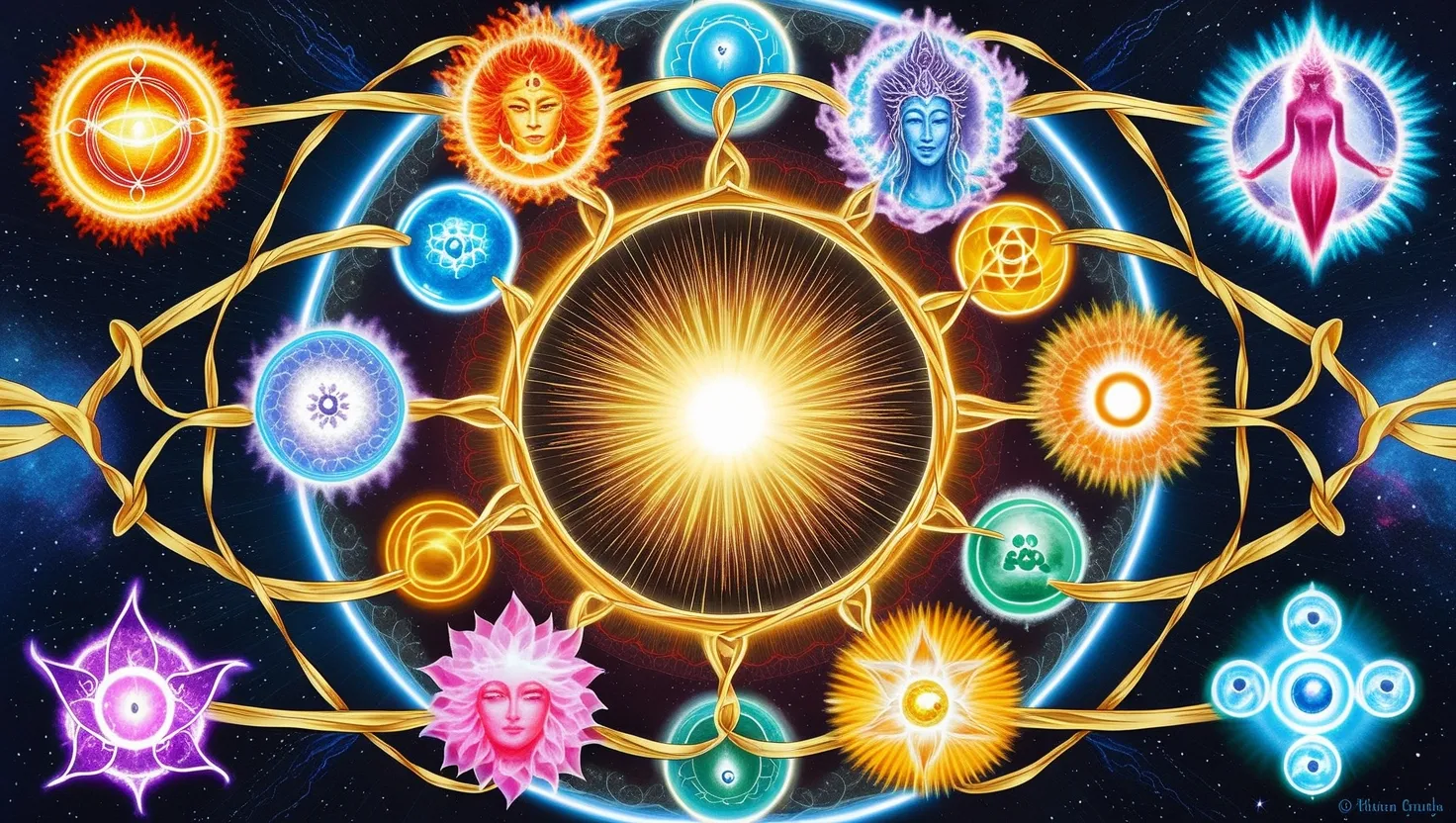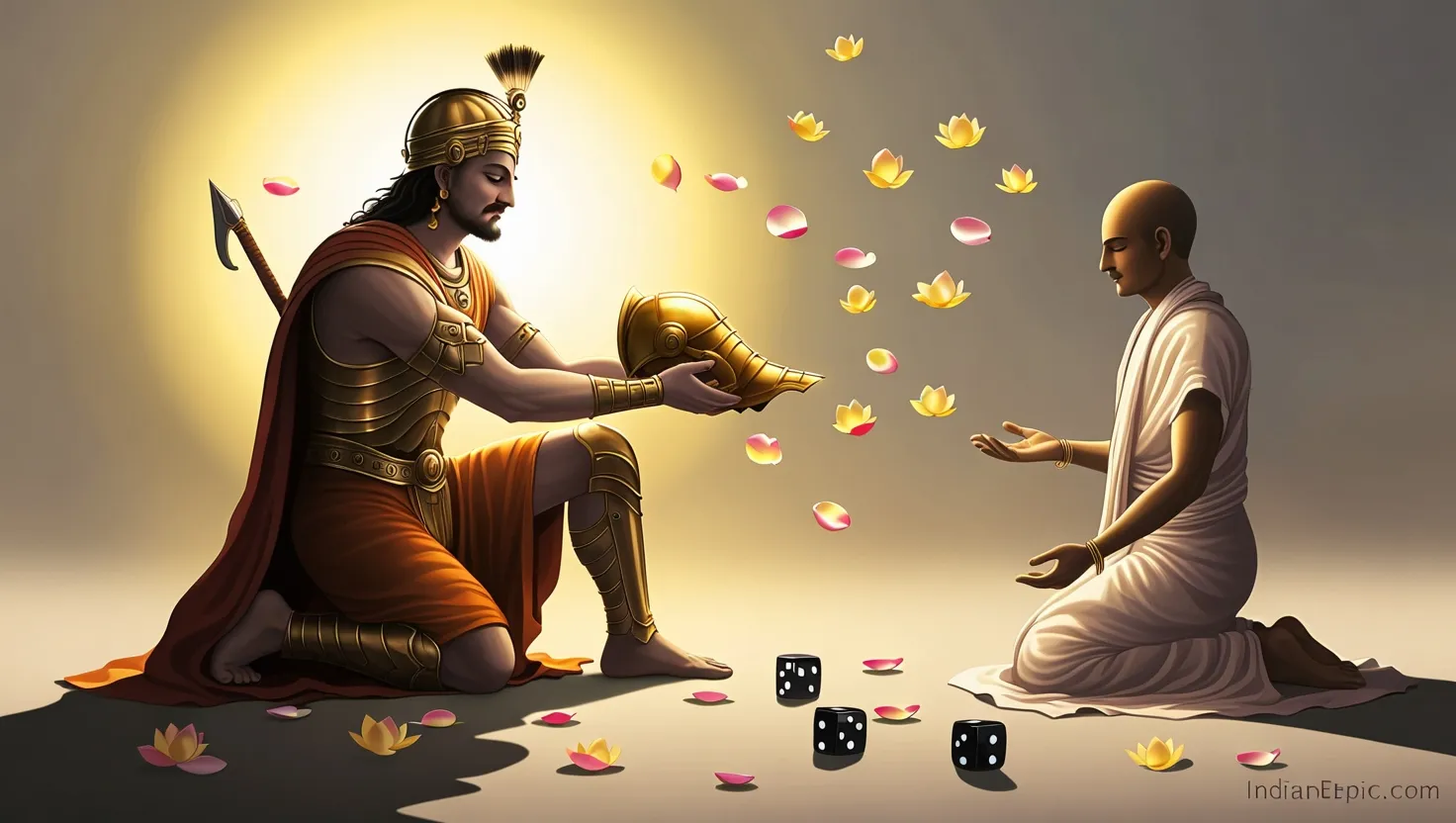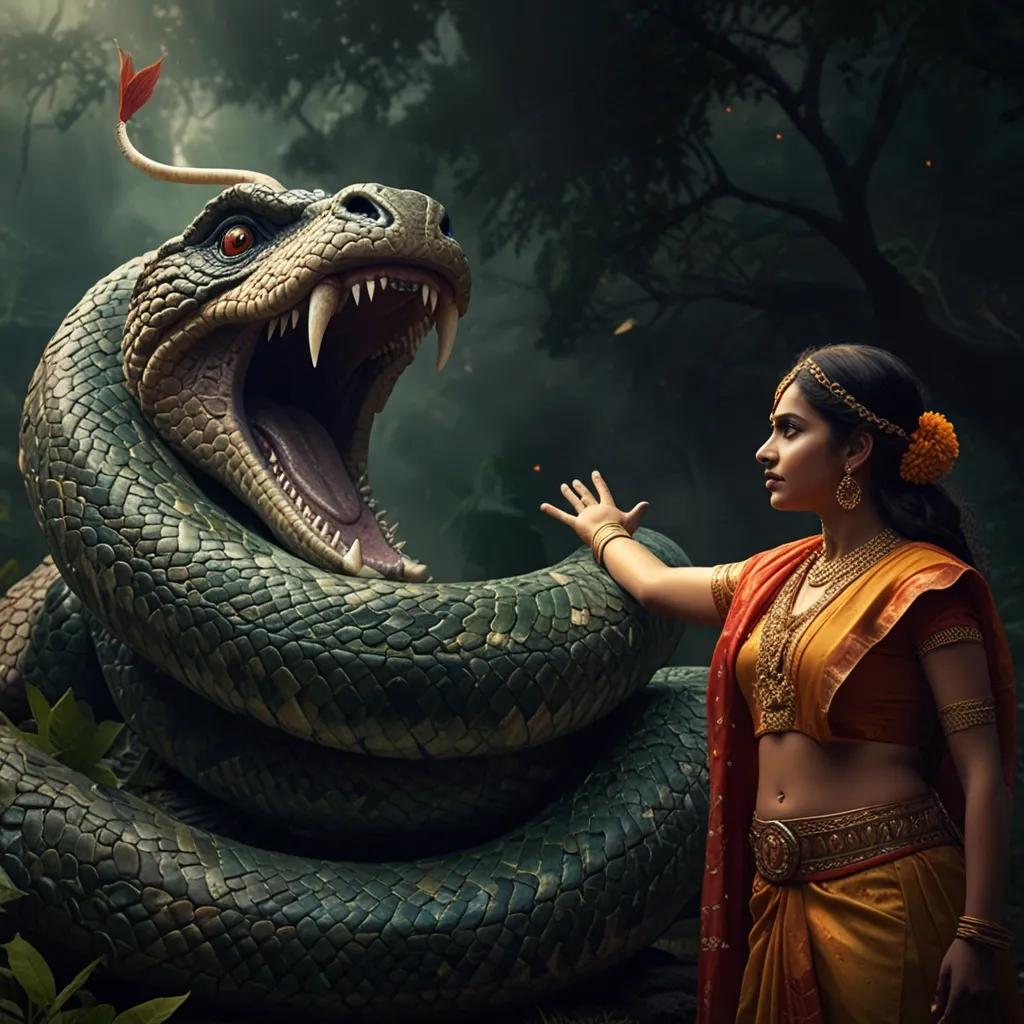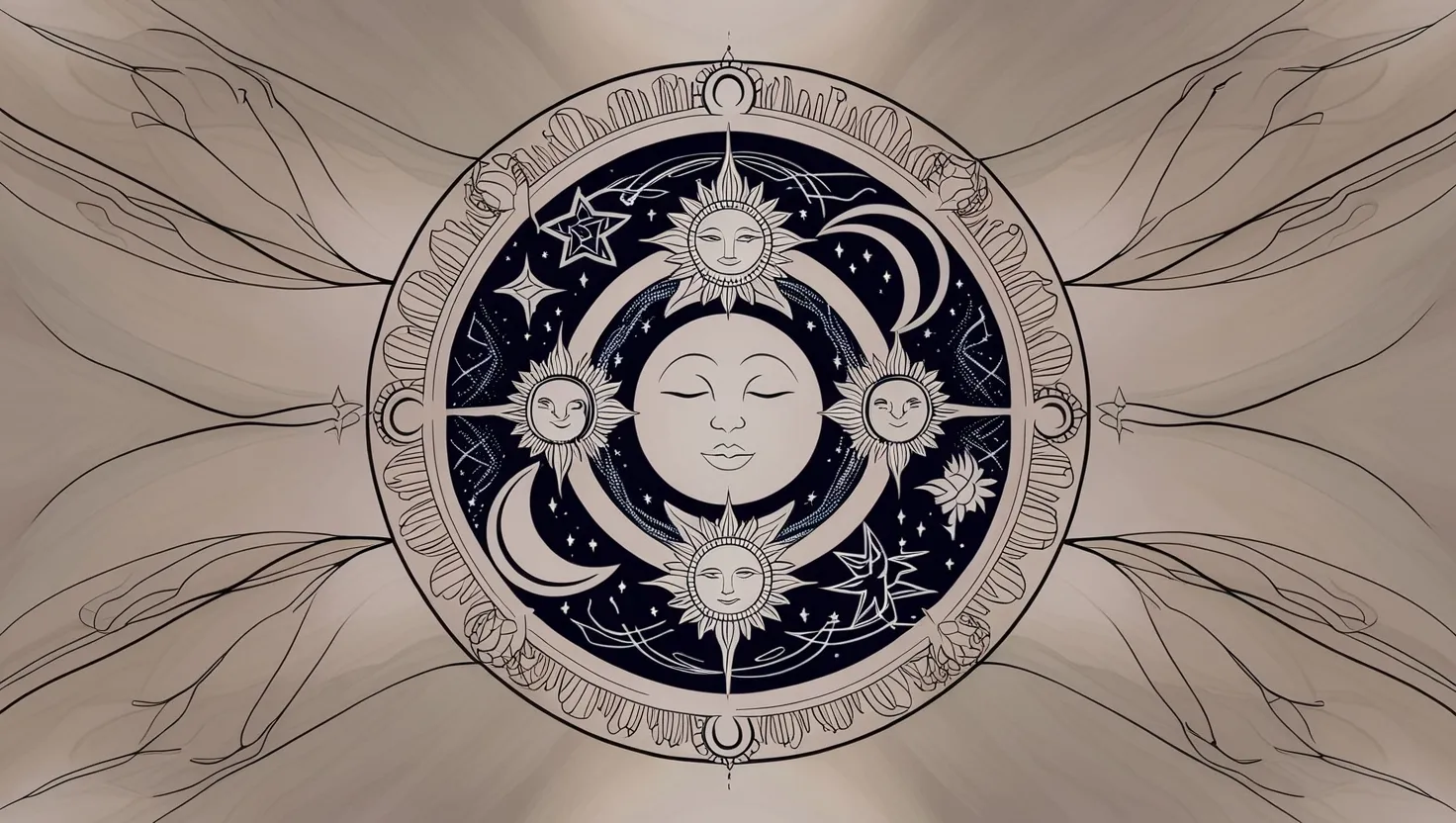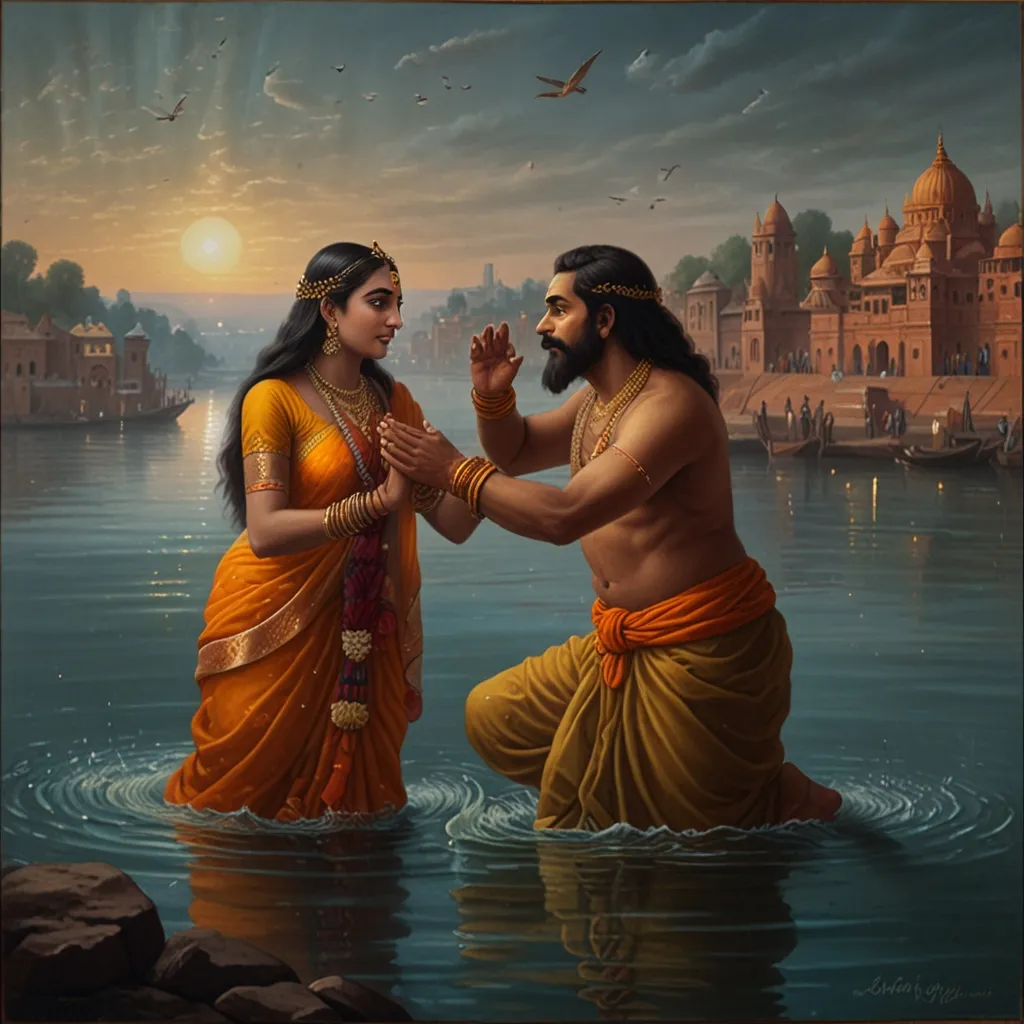The tale of Nala and Damayanti is one of those classic love stories from Indian mythology that never gets old. It’s got everything: passion, drama, a bit of the supernatural, and, of course, a love that conquers all. It’s been around for centuries and still manages to hit right in the feels every single time, mainly because it dives deep into themes of love, courage, devotion, and redemption.
Let’s start with Nala. So, he’s this king of Nishadh who’s doing a pretty good job ruling his kingdom. You know, being all just and fair, the whole shebang. But his life flips upside down when he meets Damayanti, the princess of Vidarbha. Their meeting isn’t your typical boy-meets-girl story. It involves a swan playing the role of matchmaker, bringing these two hearts together at Damayanti’s swayamvara. It’s kinda like a ceremonial dating show where the princess gets to choose her hubby.
Now, here’s where things get tricky. Not one, not two, but four gods—Indra, Varuna, Agni, and Yama—also crash the ceremony, each one wanting to be the chosen one. They pull a fast one by copying Nala’s appearance, making it near impossible for Damayanti to figure out who her true love is. But love always finds a way, right? Damayanti’s heart doesn’t falter. She prays hard and figures out the real Nala by noticing the teeny-tiny details, like how Nala blinks and sweats, unlike the gods.
The gods, obviously, appreciate Damayanti’s loyalty and bless the couple. But the universe throws them a curveball. Enter Kali, a lesser god with a massive chip on his shoulder. Peeved by Damayanti’s choice, Kali decides to rain on Nala and Damayanti’s parade. He teams up with Nala’s half-brother, Pushkar, who’s already simmering with jealousy. Together, they set a trap involving Nala’s Achilles’ heel—gambling.
Blinded by Kali’s influence, Nala gambles away everything: his kingdom, his treasures, even his clothes. Forced into exile, he and Damayanti trek into the unknown wilderness, facing adversity head-on. Their journey is brutal—imagine losing everything and having to survive in a dense forest. Damayanti, ever devoted, sticks by Nala, even when he embarrassingly loses his last piece of clothing to a smart goose. There’s even a heartbreaking moment when Nala, feeling utterly ashamed, takes half of Damayanti’s sari and leaves her alone in the wild.
But here’s the kicker: Nala’s luck goes from bad to worse when he gets bitten by a serpent, morphing him into a beast-like creature. He hooks up with a charioteer named Varshneya, who brings him to the kingdom of Ayodhya, where he begins a new life as a cook and charioteer for the king. Damayanti, after countless trials of her own, finally makes it back to her parents’ kingdom, where she’s welcomed warmly but remains heartsick for Nala.
Then comes the turning point. Damayanti’s dad, the king of Vidarbha, sends out a crew to find Nala. Varshneya spots Damayanti and spills the beans about Nala. Overflowing with hope, Damayanti rushes to Ayodhya, leading to their emotional reunion. But their problems aren’t over yet. Nala still needs to regain his former handsome self and take back his kingdom. With some divine assistance and a lot of guts, he squares off against Pushkar in a do-over of the dice game, winning back everything.
Eventually, the couple heads back to Nishadh, greeted by ecstatic citizens. This story isn’t just a sappy love saga, though. It’s a full-blown epic that has been told and retold in countless ways and continues to inspire. The core message stays the same: Love and devotion can get you through the darkest, most challenging times.
That’s what makes the story of Nala and Damayanti stand out, even when stacked up against other love stories from Indian mythology like the Ramayana or Shakuntala. These stories tackle head-on the eternal fight between good and evil, loyalty and betrayal, while reinforcing the beauty of true love.
The story’s reach doesn’t end in India. During the time of Mughal emperor Akbar, his poet laureate, Abu al-Faiz Faizi, reimagined the tale, blending in elements of Sufism and highlighting the deep spiritual aspects of love. This cross-cultural spin isn’t just a testament to the story’s power but also a nod to its universality.
Wrapping things up, the tale of Nala and Damayanti is an evergreen classic. Its lessons on unwavering love, loyalty, and the power of redemption aren’t just confined to the pages of ancient texts. They resonate deeply in our lives today, serving as a poignant reminder that true love can, indeed, move mountains. This epic may have its roots in mythology, but its branches reach far and wide, touching hearts across different cultures and generations.

